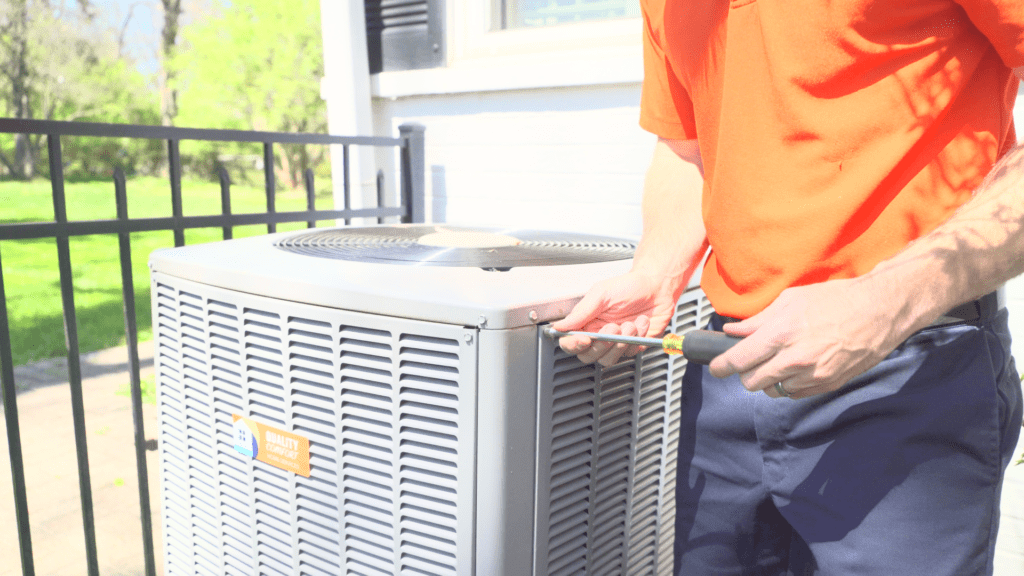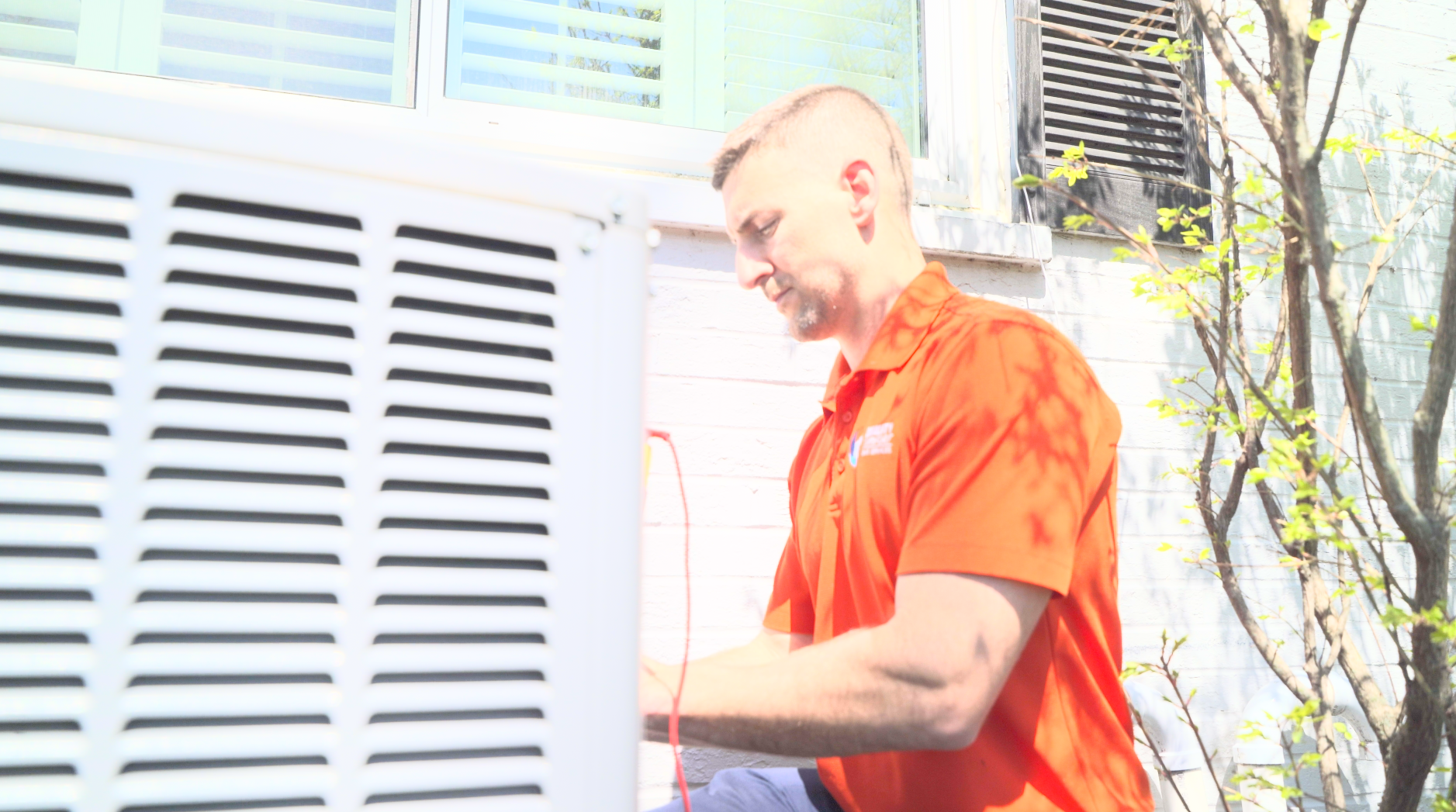
What Is the Purpose of a Capacitor in an Air Conditioner?
When summer temperatures rise, your air conditioner becomes your best friend, keeping your home cool and comfortable. But have you ever wondered how it does its job so efficiently? One of the main parts behind the scenes is the capacitor. Let’s dive into the purpose of this small yet vital component and why it’s essential for your air conditioner to function properly.
What Is a Capacitor?
A capacitor is an electrical device that stores and releases energy. It works similarly to a battery, but it charges and discharges energy much more quickly. In your air conditioner, capacitors come in different shapes and sizes, each designed to meet specific electrical needs.
Types of Capacitors in an Air Conditioner
Air conditioners typically use two main types of capacitors:
- Start Capacitors: These provide the initial jolt of energy needed to start the compressor or fan motor. Without a start capacitor, these components may struggle to turn on.
- Run Capacitors: Once the air conditioner is running, the run capacitor ensures a steady flow of electricity to keep the compressor and fan motors operating efficiently.
How Does a Capacitor Work in an Air Conditioner?
When you switch on your air conditioner, the capacitor kicks into action. Here’s a step-by-step breakdown of its role:
- Starting the System: The start capacitor delivers a burst of energy to get the compressor and fan motors up and running.
- Maintaining Operation: The run capacitor regulates the electrical current, ensuring a consistent power supply. This helps the system operate smoothly and prevents overheating or inefficiency.
- Improving Efficiency: By maintaining a steady electrical current, capacitors enhance the overall efficiency of your air conditioner, reducing wear and tear on the system.
Signs of a Failing Capacitor
Capacitors don’t last forever. Over time, they can wear out or fail. Here are some common signs that your capacitor may need attention:
- Air Conditioner Won’t Start: If your system struggles to turn on, the start capacitor might be the culprit.
- Humming Noise: A failing capacitor can produce a humming sound as it attempts to deliver power.
- Intermittent Operation: If your air conditioner turns off unexpectedly or runs inconsistently, the capacitor may not be holding its charge.
- Increased Energy Bills: A failing capacitor can make your system work harder, leading to higher electricity costs.
Read More: AC Making a Loud Noise
How Often does an AC Capacitor Need Replaced?
The lifespan of an AC capacitor typically ranges from 10 to 20 years, depending on factors like quality, usage, and environmental conditions. However, under heavy usage or in extreme climates, capacitors may need to be replaced sooner. Here are some considerations that impact how often you might need to replace an AC capacitor:
Factors Affecting Capacitor Lifespan
- Usage Intensity: If your air conditioner runs frequently or for long durations (e.g., during hot summers), the capacitor experiences more wear and may need replacement after 5-10 years.
- Environmental Conditions: High temperatures, humidity, and power surges can shorten the capacitor’s lifespan.
- Quality of the Capacitor: Higher-quality capacitors tend to last longer, while cheaper options may fail within a few years.
- Regular Maintenance: Well-maintained systems experience less strain on capacitors, extending their lifespan.
Why Regular Air Conditioner Maintenance Matters
Routine maintenance can help identify capacitor issues before they cause a complete system breakdown. During a professional HVAC tune-up, technicians will test your capacitors and replace them if necessary, ensuring your air conditioner remains in peak condition.
Call Quality Comfort for AC Capacitor Repair
The capacitor might be a small component, but it plays a massive role in keeping your air conditioner running efficiently and reliably. If you’re experiencing issues with your air conditioning system, don’t overlook the capacitor as a potential cause. Regular maintenance and timely capacitor replacements can keep your home cool and your energy bills in check.
If you’re in the Cincinnati area and need professional HVAC assistance, Quality Comfort Home Services is here to help. Contact us today to schedule a tune-up or repair!



